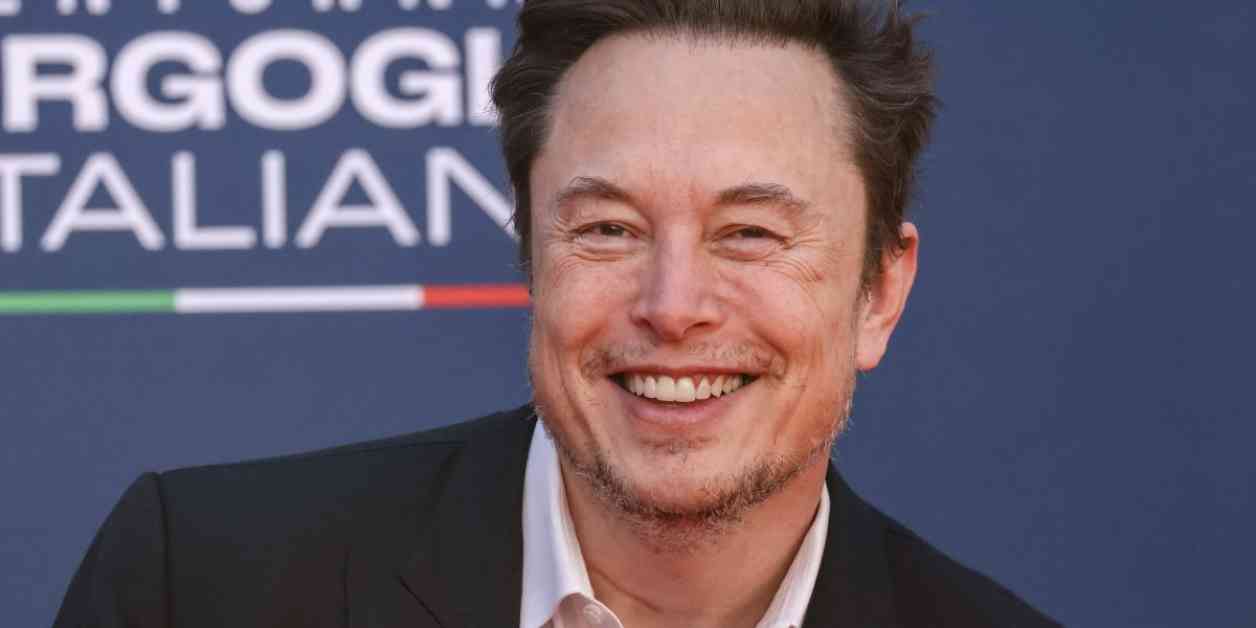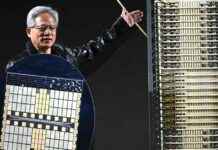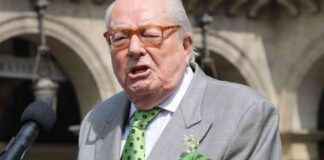Elon Musk Endorses Germany’s Far-Right: Is It Hitler-esque?
Tesla CEO Elon Musk has recently made headlines for his surprising endorsement of Germany’s far-right AfD party, raising eyebrows and sparking controversy across the globe. This unexpected move has left many wondering about Musk’s political motivations and the potential implications of his support for a party known for its nationalist and anti-immigrant rhetoric.
Musk’s Political Interference
Musk’s involvement in German politics marks a significant departure from his usual focus on technological innovation and business ventures. The billionaire entrepreneur has been vocal about his disdain for government regulations and has previously expressed libertarian views. However, his decision to align himself with a far-right party like the AfD has shocked many, leading to questions about his true intentions and the impact of his actions.
Historical Parallels
The comparison between Musk’s endorsement of the AfD and historical figures like Adolf Hitler has not gone unnoticed. Critics have pointed out the dangerous precedent set by powerful individuals using their influence to support extremist ideologies, drawing parallels to the rise of fascism in the early 20th century. While Musk may argue that he is simply exercising his right to free speech, the implications of his actions cannot be ignored.
Global Reaction
The international community has been quick to condemn Musk’s endorsement of the AfD, with many world leaders expressing concern about the potential consequences of his actions. Germany, in particular, has been divided over the issue, with some praising Musk for his willingness to challenge the status quo and others condemning him for his support of a party with a history of xenophobia and racism.
Moving Forward
As the backlash against Musk continues to grow, it remains to be seen how the Tesla CEO will respond to the criticism and whether he will reconsider his support for the far-right AfD. In a time of increasing political polarization and social unrest, Musk’s actions serve as a stark reminder of the power and influence wielded by prominent figures in shaping public opinion and the future of democracy.
In conclusion, Elon Musk’s endorsement of Germany’s far-right AfD party has sparked a global debate about the role of corporate leaders in politics and the dangers of aligning oneself with extremist ideologies. As the world watches and waits to see how this controversy unfolds, one thing is clear: the stakes have never been higher for those who hold positions of power and influence.



















